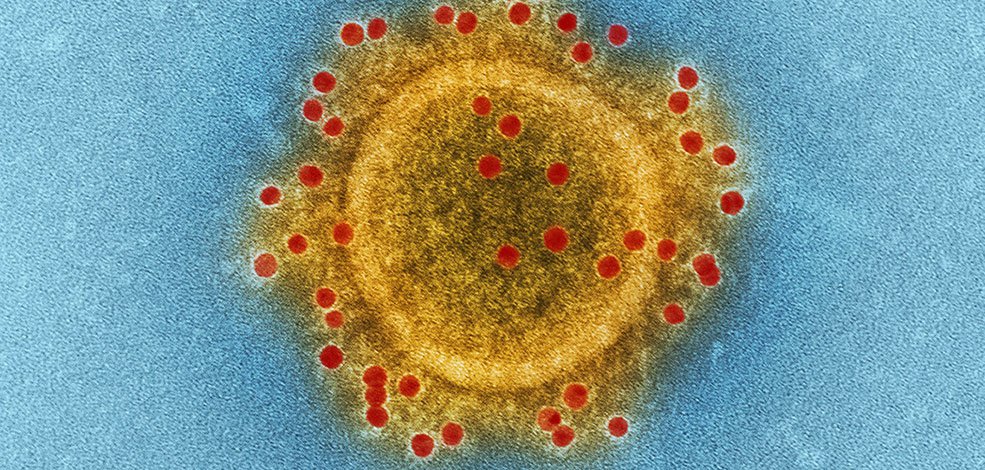Coronavirus (COVID-19) update and advice for people living with HIV

28 Feb 2020
UPDATED 4 March 2020: COVID-19 Joint statement from Living Positive Victoria, Positive Women Victoria & Thorne Harbour Health.
We would like to acknowledge that some people living with HIV in our community may be feeling particularly anxious regarding the 2019 coronavirus (COVID-19).
COVID-19 is a respiratory illness which has been recently identified. As such, we are still learning more about it and the potential impacts. There remains some uncertainty about how fast the virus may spread to Australia. So far, the isolation procedures employed have been highly effective in stopping the spread of COVID-19 and ensuring the welfare and safety of the Australian public. As a result of the isolation procedures, there has been no evidence of human to human transmission of the virus in the Australian community.
Thorne Harbour Health, Living Positive Victoria and Positive Women Victoria would like to take this opportunity to reassure all people living with HIV and vulnerable members of the diverse communities which we serve, that we are working in a collaborative manner with the Victorian Department of Health and Human Services to provide accurate information and engage in preparedness activities.
So what can I do now?
Remain calm and informed.
The most important way to prevent the spread of the flu or coronavirus is to practice good hand and respiratory Hygiene.
- Frequently washing hands thoroughly for at least 20 seconds with soap and water
- Covering you nose and mouth when sneezing or coughing with a tissue, or into a flexed elbow (discard the tissue immediately, but thoughtfully after use)
- Stay one metre away from people coughing or sneezing
- Try to avoid touching your face as this may transfer organisms to your mouth, nose and eyes from surfaces you may have touched
- If you are experiencing a fever and cough, stay at home and seek medical advice early
Being prepared is also about discussing with your doctor early uptake of your vaccinations such as the annual flu shot when it becomes available.
If you are living with HIV and other medical conditions, you should ensure you have a good supply of all of your medications at hand over the months ahead. Be mindful of when your current medications run out and when it is time to order more.
If you are concerned you may have acquired COVID-19, seek assistance from your doctor. Be sure to inform your doctor of your condition in advance of your appointment so they can prepare a space to receive you safely or refer you to a more appropriate service.
Our organisations will continue to work together and closely monitor the situation to provide updates to this information.
In other news
01 Apr 2025
Northside Bizarre Returns!
Save the Date: Saturday 11 October 2025 - ticket registration details coming soon!After a six-year hiatus, Northside Bizarre returns in full force! This iconic kink and fetish street party is making a long-awaited comeback at The Laird Hotel and surrounds in Abbotsford, bringing together queer communities for a day of playful debauchery, community celebration, and crucial fundraising for Thorne Harbour Health.
27 Feb 2025
PLC Newsletter - Autumn 2025
The autumn edition of the newsletter for Thorne Harbour Health's Positive Living Centre (PLC) is out now.